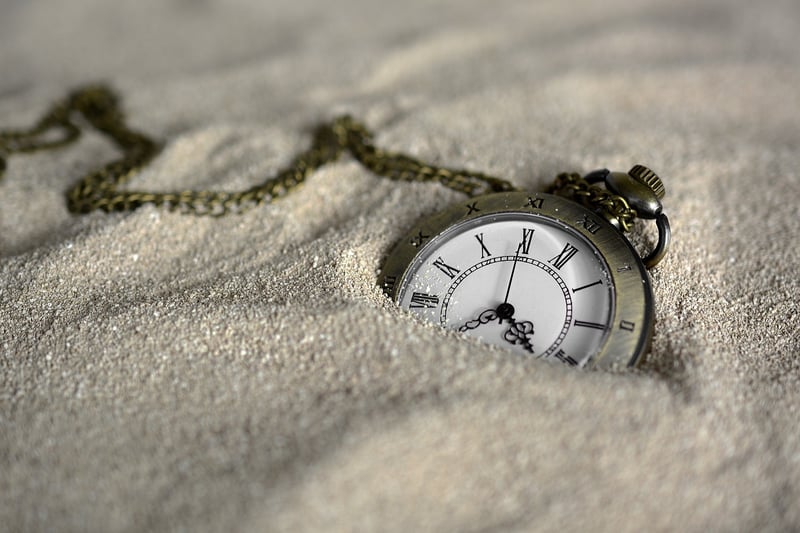Time-Travel Ethics
The Consequences of Time Travel: Ethical Dilemmas and Paradoxes
Time travel has been a popular topic in science fiction for decades, captivating audiences with its promise of changing the past or exploring the future. However, the concept of time travel raises important ethical questions and potential consequences that are worth examining.
Changing the Past
One of the most significant ethical dilemmas of time travel is the idea of changing the past. If someone were to alter a past event, even with good intentions, it could have far-reaching consequences on the present and future. This raises questions about the morality of interfering with the natural course of history and the potential for unintended outcomes.
Paradoxes and Causality
Time travel also introduces the concept of paradoxes, such as the famous grandfather paradox where a time traveler could prevent their own existence by altering the past. These paradoxes challenge our understanding of causality and raise questions about the consistency of time and the repercussions of altering it.
Temporal Ethics
Exploring the ethics of time travel requires considering the implications of one's actions on the timeline and the lives of others. Questions of responsibility, accountability, and the ripple effects of even minor changes come into play when contemplating the consequences of time travel.
Conclusion
While time travel remains a fascinating concept in fiction and theoretical physics, the ethical dilemmas and potential consequences associated with it cannot be overlooked. As we delve into the realm of time travel, we must consider the impact of our actions on the fabric of time itself and the implications for our own existence.

For more information on time travel and related ethical discussions, you can visit Scientific American.
